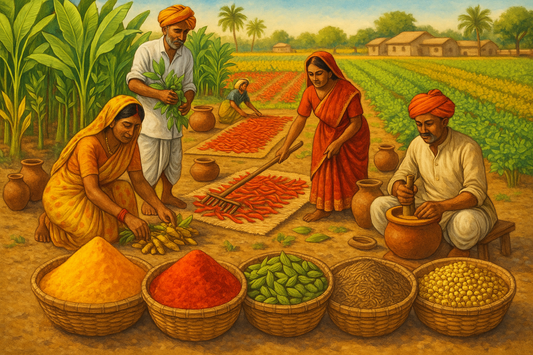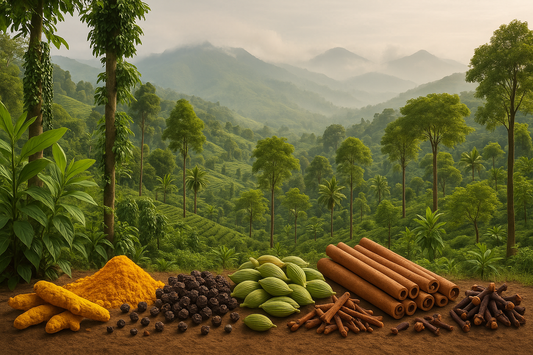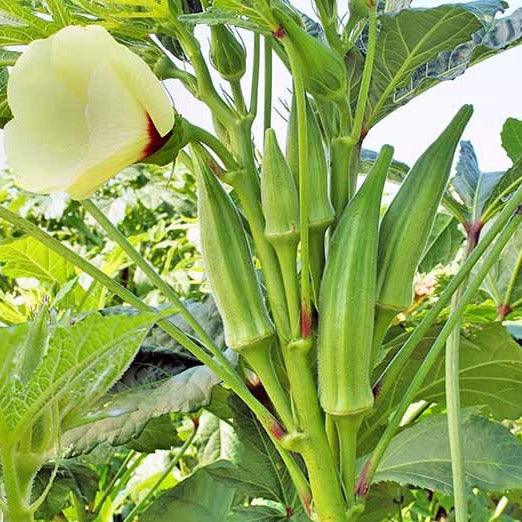Food Care INDIA
Wayanad Coffee Pro
Wayanad Coffee Pro
Couldn't load pickup availability
Food care Wayanad Coffee
Enjoy the exquisite taste of Wayanad coffee, known for its distinctive aroma and robust taste. This high-quality coffee powder is made from selected Arabica and Robusta beans.
Can be used by those who like strong coffee
It also goes by the names Shade Grown Coffee and Western Gates Coffee cup of perfection
Wayanad Coffee: Origin Guide
India's Wayanad region (pronounced "why-nad") is nestled in the lush, mountainous area of Kerala, a southern state in India. Located at an altitude of 900-2,100 meters above sea level, Wayanad is known for its rich biodiversity and fertile lands. An interesting fact about the region is that it's home to one of the largest tribal populations in India, with over 50 different tribes residing there.
History Of the Region
Coffee has been cultivated in the Wayanad region for over 250 years. The British introduced coffee plantations in the late 18th century during their colonial rule in India. In the mid-19th century, the Arabica variety of coffee was introduced to the region, which thrived in the high-altitude climate. Today, Wayanad coffee is recognized globally for its distinctive taste and aroma, contributing significantly to India's coffee production.
Farming & Processing Methods
While specific farming and processing methods may vary among individual farms, generally, coffee in Wayanad is grown using traditional, eco-friendly techniques. Most coffee farms in the region are small-scale and family-owned, with coffee plants cultivated under the shade of taller trees such as silver oak and jackfruit. This method not only preserves the region's rich biodiversity but also results in higher-quality coffee beans.
The primary coffee processing method used in India, including the Wayanad region, is the wet or washed process. The outer skin and pulp of the coffee cherries are removed using a pulping machine, and the beans are then fermented in water for up to 48 hours to remove the remaining mucilage. After fermentation, the beans are washed thoroughly and laid out to dry, either on concrete patios or raised drying beds. Once the beans have reached the desired moisture content, they are hulled to remove the parchment layer and sorted by size and density before being bagged and shipped.
Tasting Notes
Wayanad coffee is known for its bright, fruity acidity and medium body. The Arabica beans grown in this region often exhibit flavors of ripe fruit, such as black currant and cherry, as well as subtle floral and citrus notes. The Robusta beans, which also grow in Wayanad, tend to have a more robust, earthy profile with hints of cocoa and spice. The combination of these unique flavors and the region's high-altitude growing conditions makes Wayanad coffee a sought-after specialty coffee.
-------------------------------------------------------------------
Other
Wayanad quality is well known in the world market. The producers are giving an extra attention in the production based on it. Wayanad natural special quality Coffee Powder prepared specially based on the demand they prefer to make it strong. Wayanadan nature and its foggy atmosphere attracted every tourist. Its dreamy and fairy mood creates the real world of God. So keeping this is in mind it as called the Gods Own Country, Wayanadan coffee is very hot and the cold climate accompanied with it, which make to the people those who come here to the Wayanad as special and its coffee as well. This is the real blend of the world of the coffee.
 Pre-Booking
Pre-Booking
 fresh | Quality
fresh | Quality
 B2B | White label
B2B | White label
Share





Food Care Culture
-

Healthy Rice
Traditional rice protects the health of the people by regulating body temperature, good...
-

Indian Honey
Indian Honey **Indulge in the Golden Elixir: Indian Honey** Unlock the secrets...
-

Indian Coffee
Discover the unparalleled taste of Indian Coffee, meticulously cultivated in the premier...
-

Tea & Allied Products
Discover the essence of India's finest tea regions with our premium selection...
Exclusive Food Care
-
 Tea
Tea.
Free and Sample Limited
Free seeds Pack
Conservation of traditional farming practices and promotion of biodiversity are critical to sustainable development. The initiative to provide free traditional seeds and model agro-related product packs is an important step taken by Food Care India to empower farmers, enhance food security, and foster ecological balance.
Please note, if a person books more than one pack, the order will be cancelled | No matter how many packs are ordered, it will be counted as a single order.
-
Traditional Seed Pack - Free !!
Regular price Rs. 0.00Regular priceRs. 80.00Sale price Rs. 0.00Sale -
TREE LADIES FINGER SEED
Regular price Rs. 30.00Regular priceRs. 50.00Sale price Rs. 30.00Sale -
One Million Discount + Gifts Winner List
Regular price Rs. 0.00Regular priceRs. 500.00Sale price Rs. 0.00Sold out -
Farmer’s Handbook on Basic Agriculture
Regular price Rs. 0.00Regular priceRs. 100.00Sale price Rs. 0.00Sale

FD Book
View all-

Wayanad Robusta coffee
Historical significance & Relevant Information of Wayanad Robusta coffee Coffee has been cultivated in the Wayanad region for over 250 years. The British introduced coffee plantations in the late 18th...
Wayanad Robusta coffee
Historical significance & Relevant Information of Wayanad Robusta coffee Coffee has been cultivated in the Wayanad region for over 250 years. The British introduced coffee plantations in the late 18th...
-

The evolution of food Care India is a daily jou...
Every day, Food Care is dedicated to developing information technology that supports and promotes the production of traditional, high-quality agricultural and value-added products from Indian farmers. This not only...
The evolution of food Care India is a daily jou...
Every day, Food Care is dedicated to developing information technology that supports and promotes the production of traditional, high-quality agricultural and value-added products from Indian farmers. This not only...
-

Indian Spices from Traditional Indian Farmers a...
Have you ever wondered about the journey of the vibrant Indian spices that add flavor and depth to your dishes? Let's take a closer look at the traditional Indian...
Indian Spices from Traditional Indian Farmers a...
Have you ever wondered about the journey of the vibrant Indian spices that add flavor and depth to your dishes? Let's take a closer look at the traditional Indian...
-

Wayanad Spices Product
Are you a fan of flavorful dishes that tantalize your taste buds? If so, you're in for a treat with Wayanad Spices products. Let's dive into the world of...
Wayanad Spices Product
Are you a fan of flavorful dishes that tantalize your taste buds? If so, you're in for a treat with Wayanad Spices products. Let's dive into the world of...






























